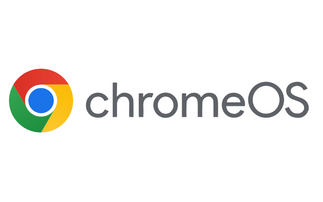CIOs at the event argue that assessing the costs and benefits of Microsoft's OS is practically impossible
Assessing the costs and benefits of migrating to Windows 7 is practically impossible, according to CIOs at Computing's IT Leaders Forum yesterday. Chris Puttick, consultant CIO for Oxford Archae...
To continue reading this article...
Join Computing
- Unlimited access to real-time news, analysis and opinion from the technology industry
- Receive important and breaking news in our daily newsletter
- Be the first to hear about our events and awards programmes
- Join live member only interviews with IT leaders at the ‘IT Lounge’; your chance to ask your burning tech questions and have them answered
- Access to the Computing Delta hub providing market intelligence and research
- Receive our members-only newsletter with exclusive opinion pieces from senior IT Leaders



















